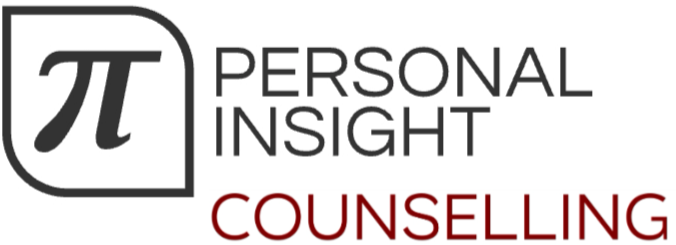How can therapy help me manage impulsive behaviour in relationships?
Impulsive behaviour often stems from deeply ingrained emotional patterns or unprocessed stress, or past pain that got lodged deep in one’s body. Therapy helps identify these triggers and creates a clear plan for managing them. In practice, Acceptance and Commitment Therapy (ACT) encourages you to sit with uncomfortable emotions without immediately reacting. It helps you clarify your core values—whether it’s kindness, honesty, or respect—and use these as a compass for your actions. Dialectical Behaviour Therapy (DBT) complements this by offering structured techniques like the STOP skill (Stop, Take a step back, Observe, Proceed mindfully) to disrupt impulsive cycles in the moment. In counselling, we build a personalised toolkit for emotional regulation. This might include learning how to use a “cooling off” period during conflicts, practising mindfulness to ground yourself, and creating actionable scripts for difficult conversations. These methods are not about suppressing your feelings but about giving you time and space to respond intentionally.
What does a structured plan for managing impulsivity look like?
A step-by-step plan might involve:
- Awareness Phase: Keeping a journal of situations where impulsivity caused harm. What were the triggers? What emotions surfaced?
- Skill Acquisition: Practising DBT skills such as distress tolerance (e.g., holding an ice cube to shift focus) and emotion regulation techniques.Values Alignment: Using ACT exercises to identify key values and role-playing scenarios where you respond in alignment with those values.
- Implementation: Gradually applying these skills in real-world situations, starting with low-stakes interactions and progressing to more challenging ones.
- Reflection: Reviewing successes and setbacks weekly to refine strategies.
What if I’m the opposite and feel overly controlled in relationships?
If you feel stuck in overcontrolled patterns—always trying to be perfect, avoiding vulnerability, or feeling uncomfortable with spontaneity—Radically Open Dialectical Behaviour Therapy (RO-DBT) offers a different approach. Overcontrol can be a response to fear of failure or rejection, but it often creates emotional distance and stifles connection. RO-DBT focuses on cultivating openness and flexibility. Sessions might include exercises like “opposite action,” where you practise leaning into discomfort (e.g., expressing an unpopular opinion in a safe setting). Therapists often use expressive tasks to help clients loosen rigid habits, such as improvisation games or journaling about “mistakes” you made and what they taught you.
How do these therapies work together for balance?
Combining ACT, DBT, and RO-DBT ensures a comprehensive approach: ACT grounds you in your values and helps you navigate internal struggles. DBT equips you with tools for managing emotional intensity and impulsivity in the moment. RO-DBT encourages flexibility and spontaneity, breaking free from self-imposed restrictions.For example, a client who tends to lash out during arguments might start with DBT’s STOP technique to pause the reaction. Later, they might use ACT to reflect on their values, such as wanting to be a compassionate partner. If they’re overcontrolled, they could use RO-DBT’s opposite action to express vulnerability, such as sharing a fear or need during the next discussion.
What specific results can I expect?
- Reduced frequency and intensity of emotional outbursts.
- Greater ability to pause and reflect before responding.
- Improved ability to express emotions constructively, fostering deeper trust in relationships.
- Increased comfort with taking risks in showing vulnerability or imperfection.
- A stronger sense of alignment between actions and personal values.
These results lead to more meaningful and harmonious relationships, where both parties feel heard, respected, and valued.
Why is investing in this type of therapy worthwhile?
Impulsivity and overcontrol aren’t just behaviours—they’re barriers to connection and growth. Addressing them isn’t a quick fix but a transformative process that reshapes how you approach relationships and challenges. By committing to therapy, you’re equipping yourself with lifelong skills for emotional resilience and authentic connection.
Ready for next steps?
If you have questions about any of these therapies—be it DBT, couples counselling, or support for specific challenges such as dissociation, social phobia, or neurodiversity—please feel free to reach out. I offer a free initial consultation, where we can discuss your circumstances and decide on the best path forward together. You don’t have to face your struggles alone; I’m here to help you navigate through life’s challenges and find meaningful ways to move ahead, so contact me now.
